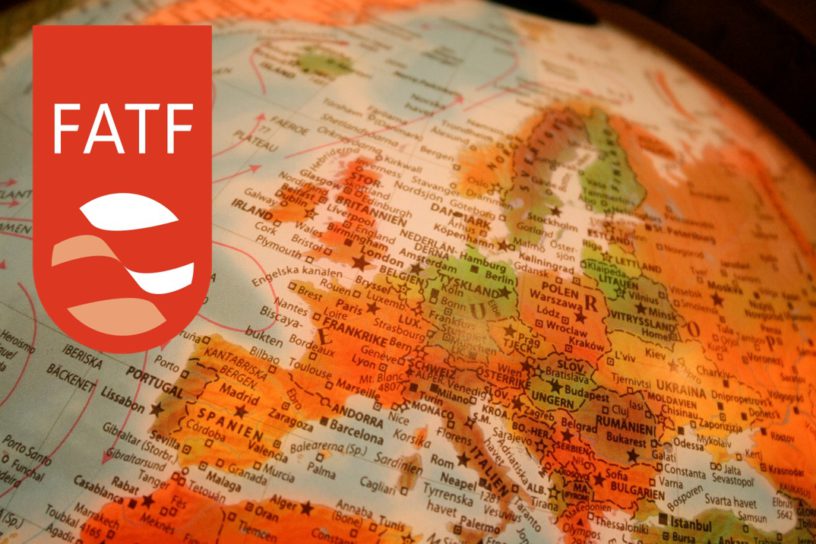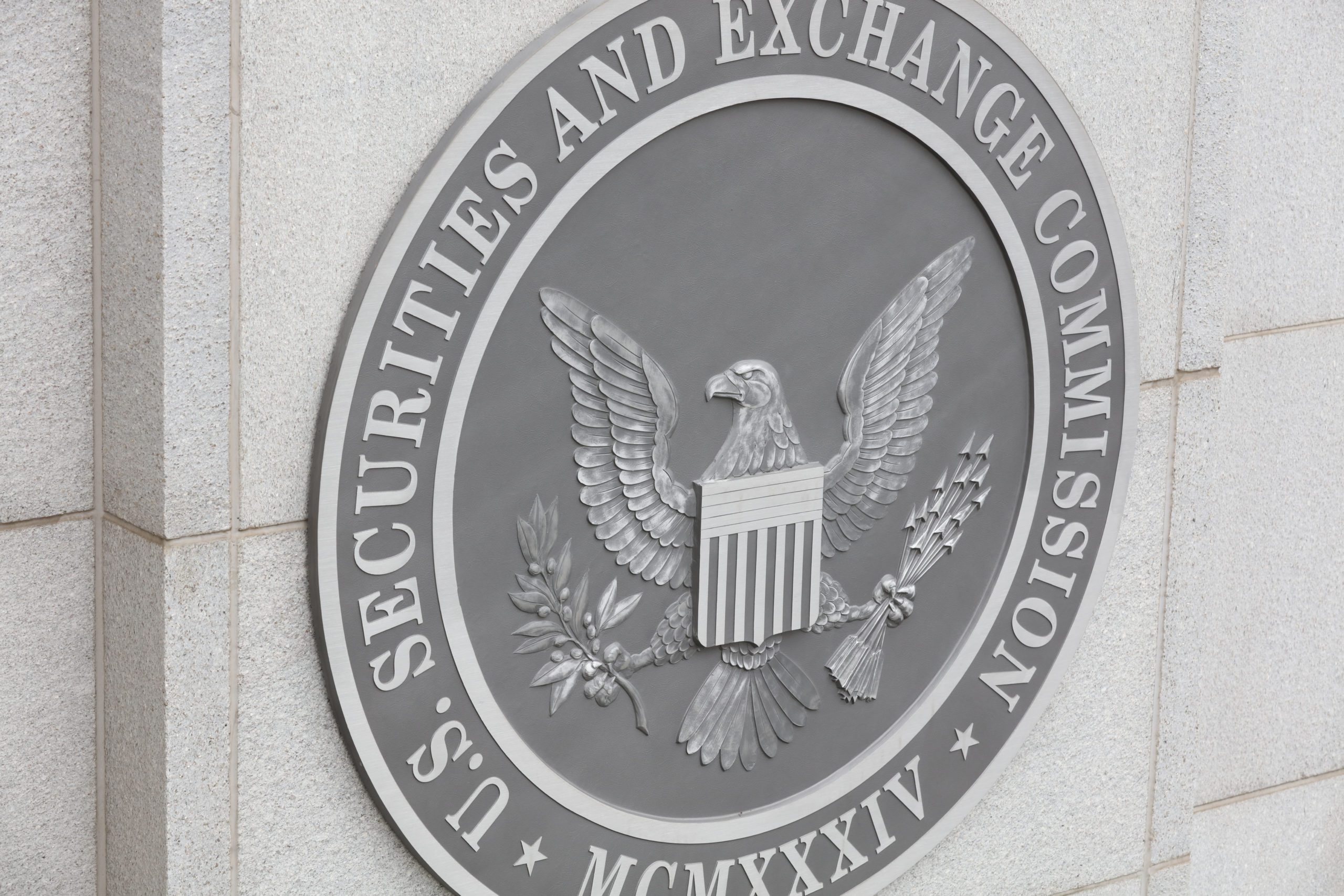By Dan Byrne for AMLi
THE FINANCAL ACTION TASK FORCE has acknowledged that anti-money laundering measures in certain countries are not always good for seamless cross-border payments.
It is asking for feedback from stakeholders in the private sector on how it can address these challenges without compromising the evolving AML needs worldwide.
Cross-border payment services face a number of challenges including high costs, limited access, low speed and limited transparency, the global financial crime watchdog said in a Tuesday statement.
“Varying national anti-money laundering and counter-terrorist financing measures – which may or may not be linked to FATF standards – do not always help the situation,” the statement read.
“Identifying what works well and what needs to be improved is a key part to finding a solution.”
Cross-border payments are an industry growing with increased globalisation. The value of all cross-border in transactions totalled over $130 trillion in 2019, according to research from global management consulting firm McKinsey & Company.
Although this figure is likely to drop in 2020 due to the pandemic – given reductions in private spending and increasing reliance on local trade – any shift is likely to be only around $4.6 trillion either way.
The potential, despite the pandemic, is clear to FATF.
“Faster, cheaper and more inclusive cross-border payment services would have widespread benefits for people and economies worldwide,” the organisation said.
“That is why the enhancement of cross-border payments, with a focus on safety and security, is a key priority of the G20, the FATF, and other international organisations.”
FATF had previously identified cross-border payments as a key area that deserved increased attention in future AML standards. These standards – or close analogues – are now being pursued by some of the world’s biggest economies.
The EU’s 5th Anti-Money Laundering directive demanded a major overhaul of requirements for banks and financial institutions regarding cross-border payments when it came into force in January 2020.
FATF’s goal is to ensure these standards can continue to function as they need to, without introducing any new challenges, or exacerbating other current ones.
Stakeholders including banks, payment service providers and fintech firms have until 15th January 2021 to register feedback with the organisation.
The link to provide feedback can be found here.
Share this on:
Follow us on:








